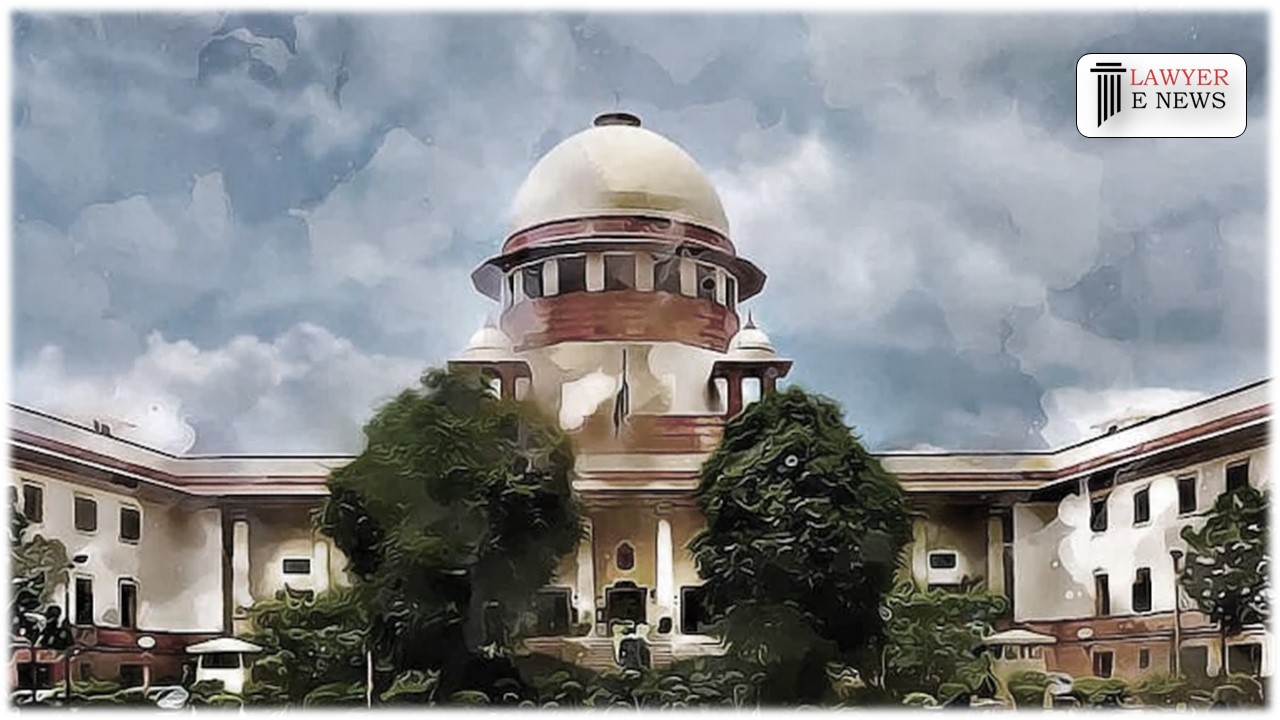-
by Admin
15 February 2026 2:16 AM



New Delhi, May 17, 2024 – In a landmark judgment, the Supreme Court of India has ruled in favor of M/S Sundew Properties Limited, a Special Economic Zone (SEZ) developer, against the Telangana State Electricity Regulatory Commission (TSERC) and the Appellate Tribunal for Electricity (APTEL). The Supreme Court's decision clarified that SEZ developers automatically gain the status of deemed distribution licensees without the need for additional equity capital infusion as previously mandated by TSERC and upheld by APTEL.
Background of the Case
The case, which dates back to an appeal filed in 2019, involved M/S Sundew Properties Limited, an SEZ developer recognized by the Ministry of Commerce and Industry under the Special Economic Zones Act, 2005. The core issue revolved around whether the developer needed to infuse additional equity capital to be recognized as a deemed distribution licensee under the Indian Electricity Act, 2003.
Timeline of Events:
2010: A notification by the Ministry of Commerce and Industry accorded SEZ developers deemed distribution licensee status under the Electricity Act, 2003.
2016: TSERC granted deemed licensee status to Sundew Properties, but with the condition of an additional equity infusion of Rs. 26.90 crore.
2019: APTEL upheld TSERC’s decision, leading to Sundew Properties' appeal to the Supreme Court.
Key Points of the Judgment
Deemed Distribution Licensee Status: The Supreme Court confirmed that SEZ developers automatically gain the status of deemed distribution licensees as per the 2010 Notification, without the need for further applications or conditions.
Exemption from Additional Capital Infusion: The Court found that the requirement imposed by TSERC for an additional equity infusion was unjustified and contrary to the statutory scheme. It emphasized that SEZ developers, being deemed licensees, should not be subjected to the same conditions as regular applicants for distribution licenses.
Statutory Interpretation: The Court highlighted that the 2005 Rules and regulation 12 of the 2013 Regulations, which deal with capital adequacy, do not apply to SEZ developers deemed to be distribution licensees. The distinction between regular applicants and deemed licensees was maintained.
Court Observations and Analysis
Justice Dipankar Datta, delivering the judgment, outlined the legal principles and interpretations underpinning the Court's decision. He noted the following key observations:
Deemed Status and Legislative Intent: The Court asserted that the 2010 Notification's proviso to section 14(b) of the Electricity Act grants SEZ developers the status of deemed licensees, intending to streamline their operations without additional bureaucratic hurdles.
Regulation 12 Applicability: The Court clarified that regulation 12, which pertains to regular applicants for distribution licenses, cannot be extended to deemed licensees like Sundew Properties. The imposition of additional capital requirements was deemed inconsistent with the legislative framework.
Reading Down and Up: Justice Datta emphasized the impermissibility of 'reading up' subordinate legislation to impose unintended conditions on deemed licensees, which could distort the legislative intent and the statutory scheme.
Decision: The Supreme Court’s decision marks a significant clarification in the regulatory framework governing SEZ developers and their status as deemed distribution licensees. By setting aside the conditions imposed by TSERC and upheld by APTEL, the Court has reinforced the streamlined provisions intended for SEZ developers under the Electricity Act.
Date of Decision: May 17, 2024
M/S Sundew Properties Limited vs. Telangana State Electricity Regulatory Commission & Anr.
